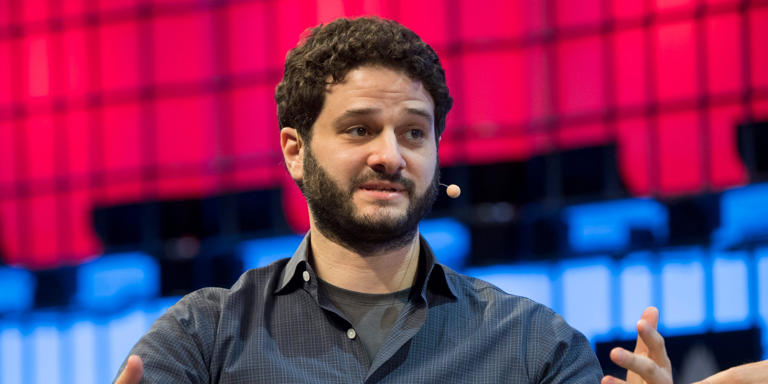Asana CEO Dustin Moskovitz recently ignited a firestorm with his latest critique of Tesla, leveling one of his most striking accusations to date: likening the electric vehicle titan to the infamous Enron scandal. In a candid post on Threads, Moskovitz alleged that Tesla has engaged in widespread deception, particularly regarding its Full-Self Driving (FSD) software and vehicle range claims.
While Moskovitz stopped short of providing exhaustive evidence for his claims, he underscored his concerns with graphs purportedly sourced from Tesla, suggesting a concerted effort to inflate usage statistics related to FSD. Drawing a parallel to the Enron debacle, a corporate scandal that shook the financial world in the early 2000s, Moskovitz implied the potential for legal repercussions, hinting at possible criminal consequences for Tesla executives.
Tesla CEO Elon Musk responded to Moskovitz’s allegations with characteristic flamboyance, launching a verbal tirade against the Facebook co-founder on the social media platform X. Musk’s vehement retorts garnered attention but did little to address the substance of Moskovitz’s accusations. Nonetheless, the public exchange underscored the escalating tension between two prominent figures in the tech industry.
Moskovitz’s comparison of Tesla to Enron carries weighty implications. Enron, once a corporate powerhouse, collapsed spectacularly amidst revelations of widespread accounting fraud and misconduct. By invoking the specter of Enron, Moskovitz casts doubt on Tesla’s integrity and transparency, raising concerns about potential ethical lapses within the company.
Despite Tesla’s remarkable ascent in recent years, fueled by its ambitious vision for electric vehicles and autonomous driving technology, Moskovitz’s allegations have prompted questions about the company’s governance and practices. While Tesla has faced legal challenges and regulatory scrutiny in the past, including investigations by federal agencies such as the National Highway Traffic Safety Administration (NHTSA) and the Securities and Exchange Commission (SEC), no executives have been charged with wrongdoing, and the company has not been found liable for fraud. Nonetheless, ongoing probes and lawsuits underscore the complexities and controversies surrounding Tesla’s operations.
Moskovitz’s skepticism toward Elon Musk and his ventures is well-documented, with past criticisms focusing on the valuation of companies like Tesla and SpaceX, as well as Musk’s leadership style and public statements. Despite his vocal opposition, Moskovitz’s calls for Musk’s resignation and his persistent scrutiny of Tesla highlight broader concerns about corporate governance, accountability, and ethical conduct in the technology sector.
As the feud between Moskovitz and Musk unfolds, investors and industry observers are left to ponder the implications of these escalating tensions for Tesla and the broader landscape of electric vehicles and autonomous driving technology. Amidst the drama, questions linger about the future trajectory of Tesla and its place in the evolving tech ecosystem.
